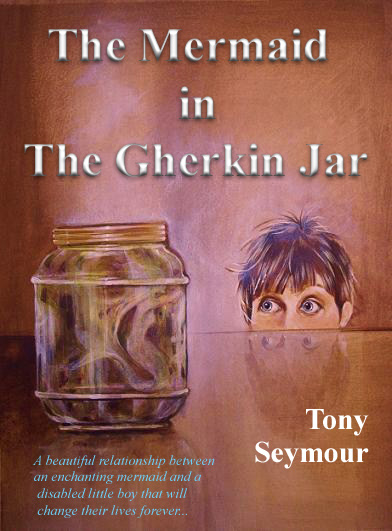Jacques Audiard’s new French / Belgian film, starring the brilliant Marion Cotillard as a recovering amputee, won the ‘Best Film’ award at the London Film Festival in October. It is the second major film of 2012 to reach these shores where disability features prominently throughout the script. In a year where sport has done much to raise disability awareness through the London Paralympic games, is cinema also beginning to play its role in representing those who, until now, have remained relatively ignored by the silver screen?
Not so long ago I wrote a review of ‘Untouchable’, a heart-warming French film about a millionaire quadriplegic, who develops a bond with his gritty, ghetto-hardened care worker. The two of them are from opposite ends of society – Dris struggles as a young black man, barely able to make ends meet in the unforgiving suburbs of Paris, whilst Philippe is an eccentric aristocrat, suffocated by wealth and tradition. On the face of it, neither character shares any common ground. Yet, their misfortunes – Dris’s poverty and Philippe’s crippling disability – act as a leveller, providing a platform from which a strong friendship emerges.
‘Untouchable’ was an impressive picture, in my opinion, as enjoyable as it was significant in bringing disability to the forefront of cinema. Having seen the movie back in September, I supposed that might be it for 2012. The disability content quota had been fulfilled for this year, I thought. So imagine my surprise when I found myself bending my steps towards the Cornerhouse Theatre in Manchester to see yet another film featuring a disabled protagonist. Again, those French (and a few Belgians) were at it and again they did not disappoint.
‘Rust and Bone’ is directed by Jacques Audiard. Based in Antibes, in the South of France, it stars Marion Cotillard as Stephanie, a trainer of Killer Whales at a marine park and Matthias Schoenaerts as Ali, a security guard and sometime bare fist fighter. In a horrific incident towards the beginning of the movie, Stephanie is attacked by one of the orcas at the park, an accident which results in the amputation of both her legs. Similar to ‘Untouchable’ a relationship develops between the fighter and the amputee based on the former’s refusal to pity the injured young lady.
At first blush, the script may seem a little far fetched, however the stellar acting abilities of Cotillard carry the film well. Schoeaert’s performance deserves recognition too. His “sensitive-brute instincts,” Michael Phillips of the Chicago Tribune writes, “recall Marlon Brando and, more recently, Tom Hardy”.
The romance between the two lead characters does not feel odd or incongruous either and the film also offers an interesting insight into the psychology of disability. Stephanie’s accident may have left her handicapped, but her determination and strength of will shines through in a way which was not really expressed in ‘Untouchable’.
Perhaps more significantly, it is her disability which ultimately leads to her emotional emancipation. As an able bodied woman, Stephanie’s fear of losing control, inhibits her ability to express herself physically. It is only after her accident, that she truly learns to ‘let go’.
Some critics argue that the film tries to do too much and contains too many other competing storylines. The references in the film to union rights do seem rather bitty and disjointed as does the subplot concerning parental neglect. That said, the overall impression of the movie is a good one and it is certainly worth a watch for Cotillard’s ‘expressive’ performance alone.
“Sensitive-brute instincts” – Schoeaert’s performance is reminiscent of Marlon Brando
What excites me most, however, is that production companies seem to be taking on the subject of disability in cinema more so now than ever before. Not since the absorbing adaptation of Chisty Brown’s autobiography ‘My Left Foot’, which tells the story of the Irish artist who was born with severe cerebral palsy, has there been a film which has confronted disability in such a bold way.
Hollywood, still seems reluctant to follow suit just yet. As with ‘My Left Foot’, the organisations behind these two more recent films are small ‘art house’ studios. ‘Rust and Bone’ had a budget of around £12 million whilst ‘Untouchable’ was made on just £7 million.
Nevertheless, US producer Harvey Weinstein has already secured the rights to an English version of ‘Untouchable’ so a Tinseltown remastering of the movie might be hitting the box office in the not-too-distant future. For now though, Hollywood remains cautious when it comes to exploring disability at the movies. But perhaps it is not too much to hope that these two recent French forays may just pave the way for the bigger studios to follow.
